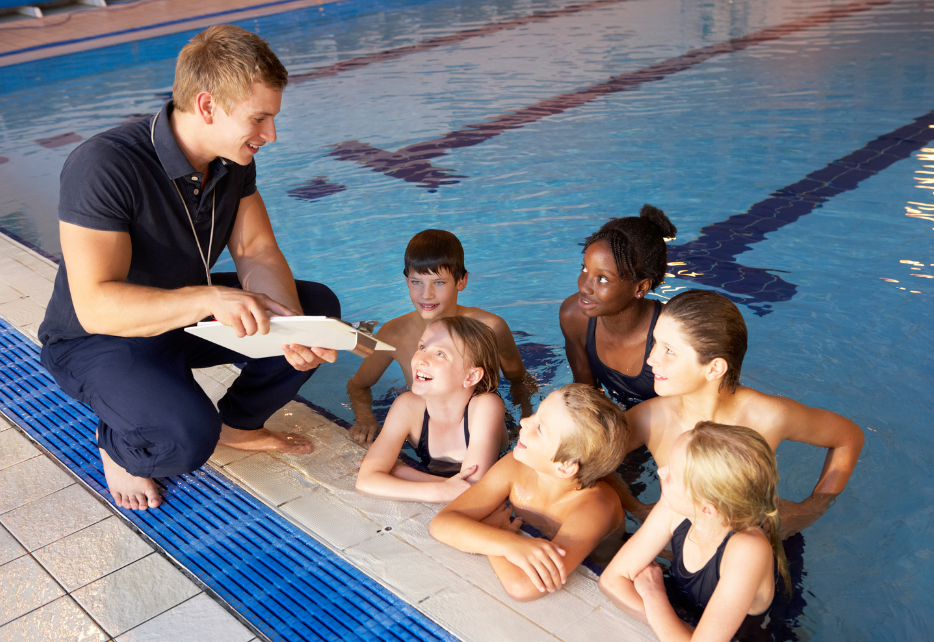Active Skills Hub Learning Portal
Strengthen your skills with flexible training provided in partnership with UK Coaching.

The School Games allows children and young people to take part in targeted opportunities from a plethora of sports and activities. The programme, which is free for primary and secondary schools to access, creates positive experiences of sport and physical activity based on children and young people's motivations, competence and confidence ensuring the environment is inclusive, accessible and meaningful.
Through our involvement with the School Games, Active Lincolnshire position tackling inequalities at the forefront. We work closely with a network of School Games Organisers, supporting them with insight, meaningful connections, advocacy and advice where necessary. This case study highlights a recent programme that took place through the School Games.
Matthew Haslam who is the school games organiser for the Boston and District school sport partnership has recently supported 357 year 6 pupils to develop their swimming competence and confidence.
We know from Active Lives data that there is a decline in the number of children able to swim 25 metres unaided and meeting other recommended benchmarks. Swimming is one of the few sports, if not the only, that hasn’t shown signs of recovery in terms of participation numbers when compared to pre-pandemic levels. The costs associated with swimming are continuing to rise, however the importance of learning this major life skill is as vital as ever.
Matthew worked with 21 primary schools in the Boston area, identifying pupils who would benefit from the swimming programme. 186 male and 171 female year 6 students took part; many of which were from ethnically diverse communities, had an educational health care plan (EHCP) or were from low socio-economic groups. Collaboration with schools, Boston Borough Council, Geoff Moulder Leisure Complex and local transport companies allowed this programme to be a huge success.
Over the course of the intensive two-week period children had the opportunity to progress through various adapted activities in order to maximise their chances of being able to swim 25 metres unaided. Overall 223 pupils achieved the programmes ambition in achieving to swim 25 metres unaided which equated to 62.5% of all pupils.
Matthew said
“It was great to see pupils go on the journey from being anxious about the process to becoming more confident and competent. Although not every child was able to swim 25 meters unaided at the end of the programme there were lots of fantastic achievements and every single child showed progress.
Find out more about the School Games and how your school can get involved here.